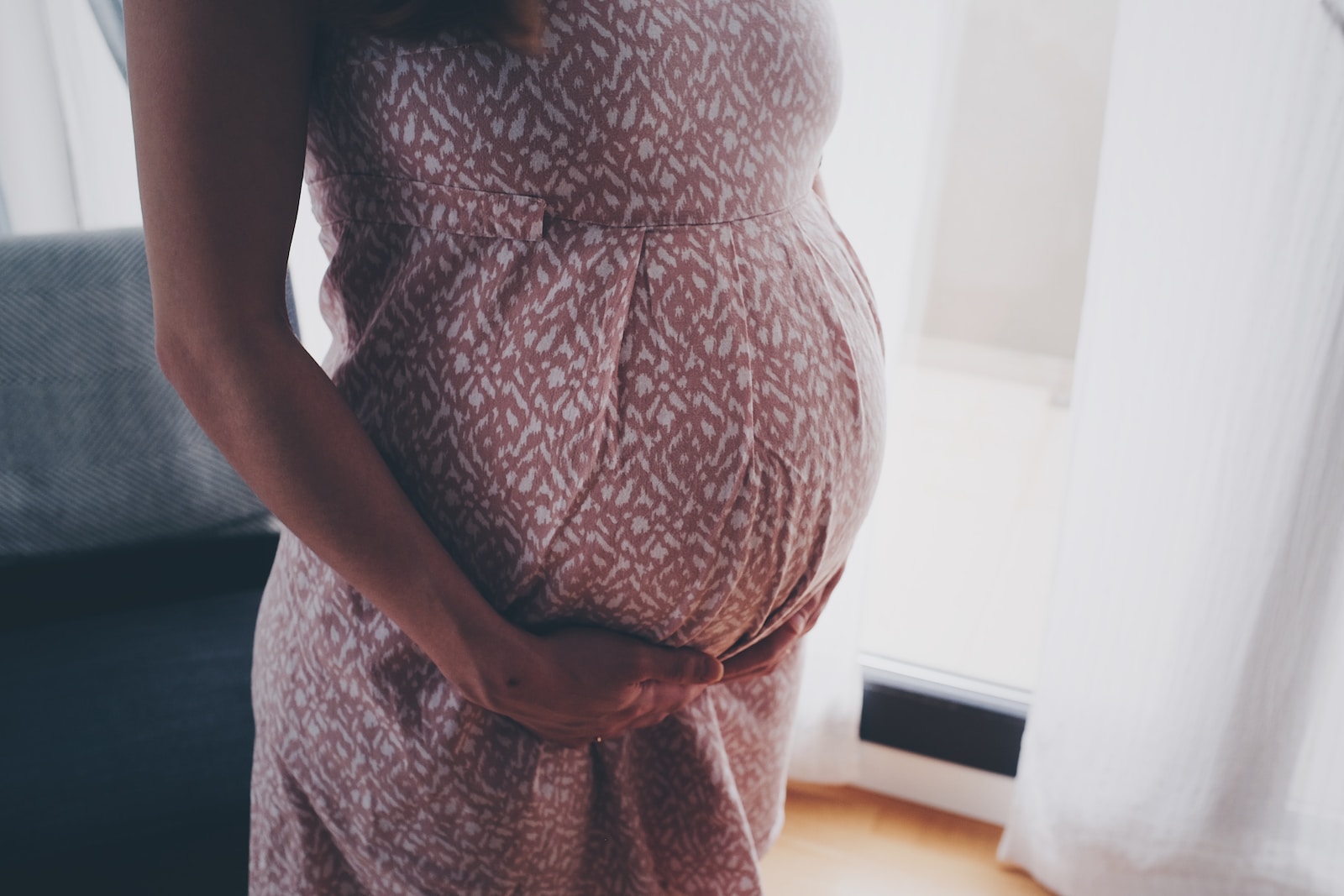It’s safe for pregnant women to have sex. It’s not likely to cause the baby to go into labor early or cause a miscarriage. In late pregnancy, sex and orgasms can sometimes set off mild contractions like Braxton Hicks.
However, it’s rare for a woman’s water to break without her being dilated. If it happens, you should be evaluated at the hospital.
It’s Not Common
There are many myths surrounding sexual intercourse during pregnancy. Some believe that sex can break the amniotic sac or cause labor to begin early. However, this is not common. The membrane that holds the amniotic fluid is pretty tough and sex usually does not cause it to break. The only time that it does break is when the uterus contracts or is ready to begin labor.
The movie scenes that show women’s water breaking in a dramatic flood of clear fluid are not typical. Usually, it is a slower trickle that can be difficult to tell whether it is amniotic fluid or urine.
Your doctor will test the fluid to make sure that it isn’t contaminated. They will use a small tool called a speculum to examine your vagina and may also swab the fluid for group B strep.
The swabbing will confirm that the fluid is safe and not contaminated with bacteria. It is very important that you don’t get any bacteria in your uterus since this can lead to infection. In the event that you suspect your water has broken, you should go to the hospital right away. If you do not, it is possible that the baby’s cord will prolapse, which is a medical emergency. This is dangerous for both mother and child. It can also cause serious pain and bleeding.
It’s Safe
If you have sex during your pregnancy as long as it’s consensual and safe for both of you, the baby can still be protected in the amniotic sac. The fetus is cushioned by the sac, and only a few of the membranes that hold it will rupture, or break. If you aren’t at full term, sex may cause a sudden contraction that triggers your water to break, but it is extremely rare.
You might notice a leak of clear, watery fluid that smells like pee. It can also be a trickle that stops and starts, or it might start when you’re standing up. Either way, it’s not an emergency. The hospital will want to see you if your water breaks and contractions are not already starting.
Some women don’t get any signs at all that their water is about to break. But if you do, the release of prostaglandin will eventually cause your body to contract and start labor on its own.
Your doctor will assess your health and check on your baby’s heartbeat. They’ll also probably do a vaginal examination to check the condition of your cervix and for infection. If your water breaks in a very small amount or is accompanied by bleeding, it could be placental abruption. This is a serious complication that requires immediate medical attention.
It’s Not a Good Induction Method
Despite what we see on TV and in movies, your water breaking does not usually cause labor to start right away. In reality, it takes 12 hours for contractions to start after your water breaks, and sometimes longer.
The pain from sex is not enough to cause the membranes in your uterus to rupture, and the gush of fluid that most people associate with “water breaking” doesn’t always happen either. Most of the time, your water breaks because you are in early labor, not because you were having sexual intercourse.
A woman’s water breaks when the amniotic sac that cushions her fetus bursts, and clear, thin, odorless fluid leaks or gushes into the vagina. It is often accompanied by a ringing in the ears and the beginning of contractions.
It is very important to remember that once your waters break, you are at risk for infection. This is because the protective membrane of the amniotic sac has been broken, and a woman is more likely to develop a serious bleeding complication called a placental abruption, which can lead to premature delivery or even death.
Women who are less than 37 weeks along should avoid sex altogether, because this increases the chance of an infection. If you notice that your water has broken but you are not in early labor, you should be evaluated by a healthcare provider within 24 hours.
It’s Not a Good Way to Induce Labor
The prostaglandins in semen and the physical stimulation of the uterus during sexual activity can cause a woman’s water to break, but it’s not as common as it is in movies. In fact, most women don’t experience their water breaking until they’re well into labor.
If your water breaks before you go into labor, it’s called premature rupture of the membranes (PROM) and can be dangerous for both you and your baby. In most cases, doctors will try to prevent this by prescribing medication and monitoring you closely.
When your waters break, it will usually feel like a sudden gush of warm fluid, similar to how emptying your bladder feels. It may also be accompanied by a quick and painless pop. The fluid may look and smell like urine, but you’ll need to get it tested to make sure it isn’t a sign of a placental cord prolapse.
Other ways to induce labor include a medical procedure called mechanical dilation and the use of medications such as oxytocin, which is given through an IV. In mechanical dilation, a doctor inserts a tube into your vagina and then uses water to inflate a balloon on the end of it, causing your cervix to dilate more quickly. With oxytocin, doctors or midwives will give you the drug through an IV in your arm and gradually increase the dose until contractions start.

